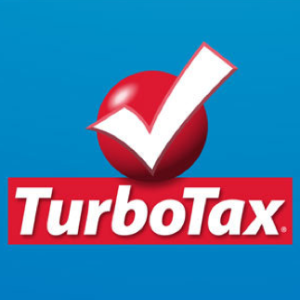 Owning a home can be tough these days, especially in high-priced real estate markets like Toronto and Vancouver. Luckily, you aren’t alone. The government sees homeownership as a good investment for most Canadians. To help encourage more Canadians to buy homes, there are government programs and tax credits and deductions you can claim when buying a home and as a homeowner. Here are some of the most popular tax breaks for homebuyers and homeowners.
Owning a home can be tough these days, especially in high-priced real estate markets like Toronto and Vancouver. Luckily, you aren’t alone. The government sees homeownership as a good investment for most Canadians. To help encourage more Canadians to buy homes, there are government programs and tax credits and deductions you can claim when buying a home and as a homeowner. Here are some of the most popular tax breaks for homebuyers and homeowners.
Home Buyers’ Tax Credit
Are you a first-time home buyer who bought a home after January 27, 2009? Then you may be eligible to receive the Home Buyers’ Tax Credit. This is a tax credit offered by the federal government to help with the expenses of buying your first home. It’s multiplied by the lowest personal income tax rate for the year (15 percent in 2017) by $5,000. That means you could have saved $750 in taxes if you applied for it. It’s important to note that this is a non-refundable tax credit, so you’ll only get money back if you owe taxes.
Home Buyers’ Plan
To encourage more Canadians to buy homes and assist with the high cost of homeownership, a popular government program for first-time homebuyers is the Home Buyers’ Plan (HBP). Under the HBP, if you’re a first-time homebuyer you can withdraw up to $25,000 tax-free out of your registered retirement savings plan (RRSP) towards the purchase of your first-home (that’s a combined $50,000 you can access if you’re buying with a spouse or common-law partner who’s also a first-time homebuyer). A first-time homebuyer is considered someone who hasn’t lived in a qualifying property in the last four years. To be eligible you must intend to live in the home as your principal residence. Any money withdrawn from your RRSP for the HBP needs to be repaid in equal installments within 15 years, starting in the second year.
Home-Based Business
Do you have the entrepreneurial bug? Do you work from home or operate a home-based business? Then you may be able to claim a home office tax deduction on your income tax return. To qualify, you have to do at least 50% of your work there or it has to be somewhere you exclusively earn an employment income from and regularly meet clients, customers and supplier.
Becoming a Landlord
Are you considering becoming a landlord? Besides providing a steady cash flow and capital appreciation, rental properties also provide tax deductions. Whether you’re renting out your basement, a bedroom on a home-sharing website like Airbnb or a standalone rental property, you’re able to claim expenses related to operating your rental property. Expenses you can deduct include mortgage interest, utilities, property taxes, home insurance and advertising. Some of these expenses you can claim in full (advertising), while others you may only be able to claim a portion (utilities) if you’re renting out part of your home. These expenses can be used to help offset the taxes payable from any rental income you earn from tenants.
Tax Filing Made Easy
Looking to take advantage of these tax credits and deductions? Then you’ll want to sign up for TurboTax. TurboTax is Canada’s bestselling personal income tax software for a good reason. It’s straightforward and easy to use. Check out TurboTax today and enjoy a quick and easy tax filing experience.
Note: This is a sponsored post by TurboTax Canada, but was written and edited by me.
Sean Cooper is the bestselling author of the book, Burn Your Mortgage: The Simple, Powerful Path to Financial Freedom for Canadians, available now on Amazon and at Chapters, Indigo and major bookstores, and as an Audiobook on Amazon, Audible and iTunes.